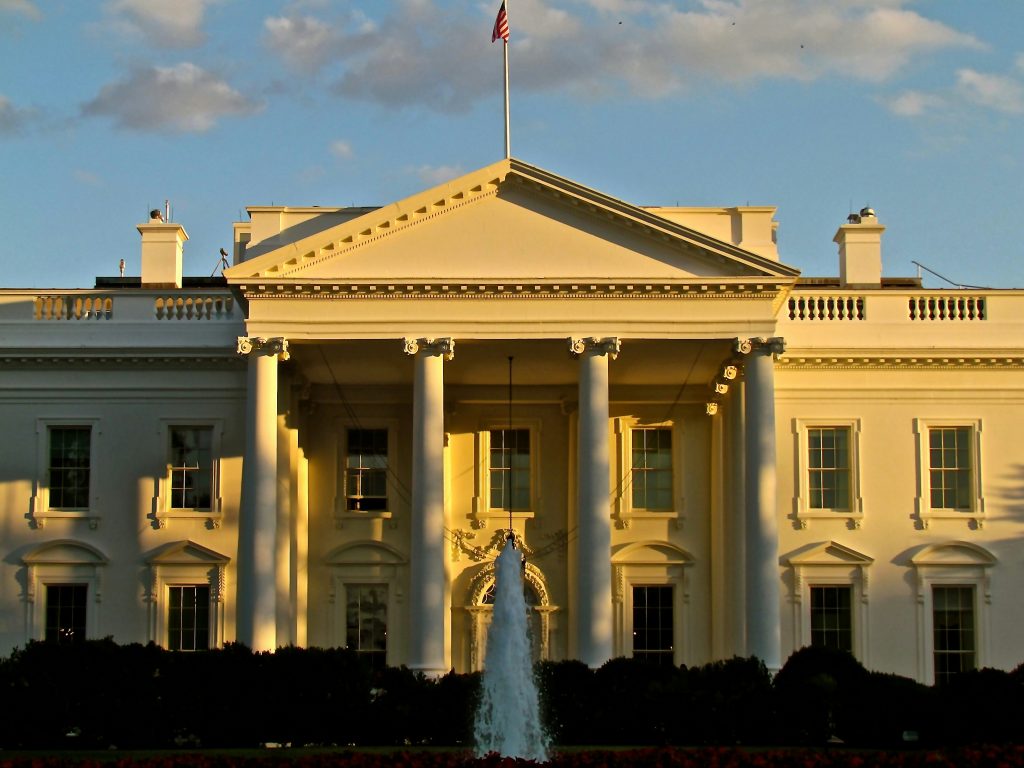Ushering in the New Era of Campaign Finance Law: A Discussion on Americans for Prosperity Foundation v. Bonta
ushering in the new era of campaign finance law: a discussion on Americans for Prosperity foundation v. bonta
By Kristen Iteen*
In wake of the January 6th Capitol riots, corporate political donations have once again become the forefront of business and political debate.[1] However, criticism and discussion regarding political donations and public disclosure is not a novel issue. The United States Supreme Court and policymakers have continuously grappled with the topic of campaign finance and public disclosure laws. Nevertheless, after creating well known public disclosure precedent, the Supreme Court has once again moved the goal line for political transparency.
On July 1st, 2021 the Supreme Court handed down the decision Americans for Prosperity Foundation v. Bonta.[2] The main issue in this case was whether California’s disclosure requirement violated charities’ First Amendment rights.[3] Specifically, California required charitable organizations to disclose the identities of major donors to the State Attorney General’s Office.[4] The Americans For Prosperity Foundation and the Thomas More Law Center, two tax-exempt organizations, argued that the mandatory disclosure law violated their First Amendment right of free association because the disclosure requirement would make donors less likely to contribute given the risk of reprisals.[5] However, the State argued that it has an interest in preventing charitable fraud and self-dealing, and that up-front collection of donor information improved the efficiency and efficacy of the Attorney General’s regulatory efforts.[6]
While finding California’s law unconstitutional, the Court created noteworthy precedent regarding the standard of review and what constitutes a valid facial challenge for public disclosure cases in the future.[7] Drawing on former electoral and campaign finance precedent, Chief Justice Roberts writing for the majority, applied exacting scrutiny with a narrow tailoring requirement.[8] Additionally, while citing the general rule for challenging facially neutral laws in the First Amendment context, Justice Roberts recognized a second type of facial challenge whereby a law may be invalidated as overbroad if a substantial number of its applications are unconstitutional, judged in relation to the statute’s plainly legitimate sweep.[9] Roberts reasoned that California’s law was not narrowly tailored, as there were various alternative mechanisms through which the Attorney General could obtain donor information.[10] Given this lack of tailoring, Roberts found that the law was overbroad and therefore not facially valid.[11]
In arriving at this conclusion, Roberts reasoned that every demand that is not narrowly tailored to achieve a legitimate state interest and that might chill first amendment association fails exacting scrutiny. [12] As Justice Sotomayor pronounced in her dissenting opinion, joined by Justice Breyer and Kagan, the majority’s analysis “marks reporting and disclosure requirements with a bull’s eye.”[13] Hinting that more nonprofits and corporations are likely to combat other disclosure requirements by arguing that the law is not narrowly tailored while simulations showing little or no burden. Sotomayor further argued that, given Roberts’ analysis and creation of precedent, regulated entities who wish to avoid their obligations can now do so by “vaguely waving toward First Amendment privacy concerns.”[14]
It is important to note that while campaign finance reform often arises as a political debate, the organizations presenting amicus briefs in support of the plaintiff-petitioners spanned the ideological spectrum: from the American Civil Liberties Union to the Proposition 8 Legal Defense Fund; from the Council of American-Islamic Relations to the Zionist Organization. For instance, The ACLU and the NAACP Legal Defense and Education Fund argued that a critical corollary of the freedom to associate is the right to maintain the confidentiality of one’s association.[15] Similarly, Americans For Prosperity Foundation, founded by Republican mega-donors Charles and David Koch, echoed similar sentiments regarding the right to anonymous association.[16]
Overall, it is not a matter of if, but when other organizations and corporations are going to rely on the precedent established by Americans for Property Foundation v. Bonta, to strike down disclosure requirements in other areas of the law such as campaign finance.
*J.D. Candidate, Class of 2023, Arizona State University Sandra Day O’Connor College of Law.
[1] Andrew Ross Sorkin et al., How Corporate Donations Changed After the Capitol Riot, New York Times (Aug. 19, 2021), https://www.nytimes.com/2021/04/19/business/dealbook/corporate-donations-capitol-riot.html.
[2] Americans For Prosperity Foundation v. Bonta, 141 S.Ct. 2373 (2021).
[3] Id. at 2379.
[4] Id..; Cal. Govt. Code Ann. §12584 (West 2018).
[5] Americans for Prosperity Foundation, 141 S.Ct. at 2380.
[6] Id. at 2381.
[7] Id. at 2389
[8] Id. at 2383.
[9] Americans for Prosperity Foundation, 141 S.Ct. at 2387 (quoting United States v. Stevens, 130 S.Ct. 1577, 1587 (2010)).
[10] Id. at 2387.
[11] Id. at 2389.
[12] Id. at 2387.
[13] Americans for Prosperity Foundation, 141 S.Ct. at 2392 (Sotomayor, J., dissenting).
[14] Id.
[15] Brief Amici Curiae of The American Civil Liberties Union, Inc. at 4, Americans for Prosperity Foundation v. Bonta, 141 S.Ct. 2373 (2021) No. 19-251.
[16] Brief for Petitioner, Americans for Prosperity Foundation v. Bonta, 141 S.Ct. 2373 (2021) No. 19-251.
Related Posts

District Court Judge Issues Injunction Requiring Work Continue at CFPB

The Trump Administration’s Proposed Carried Interest Tax Reform
